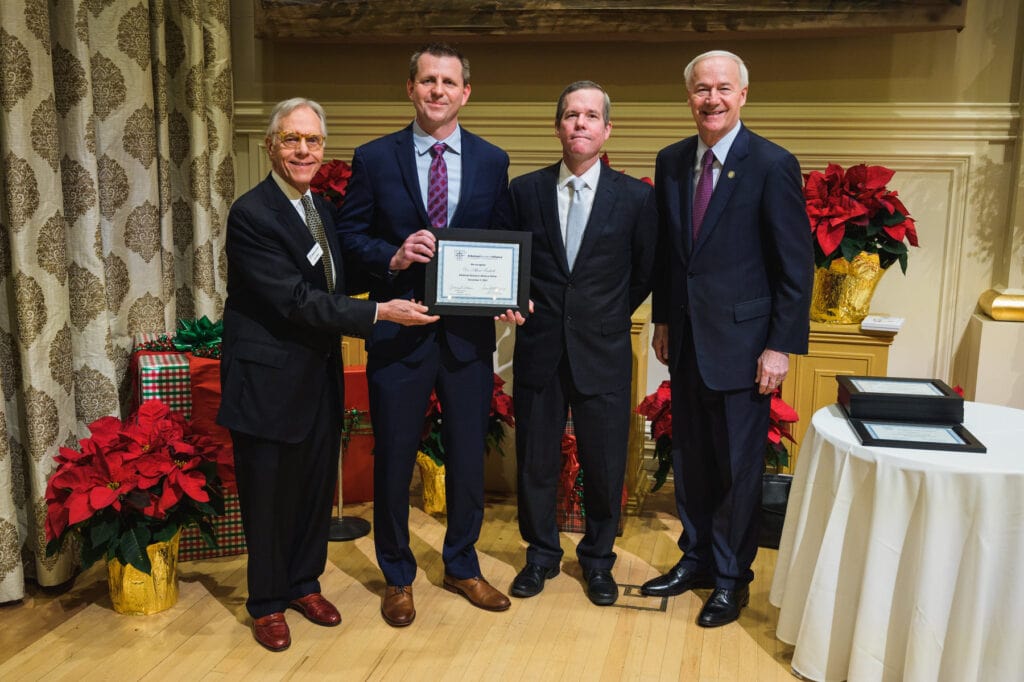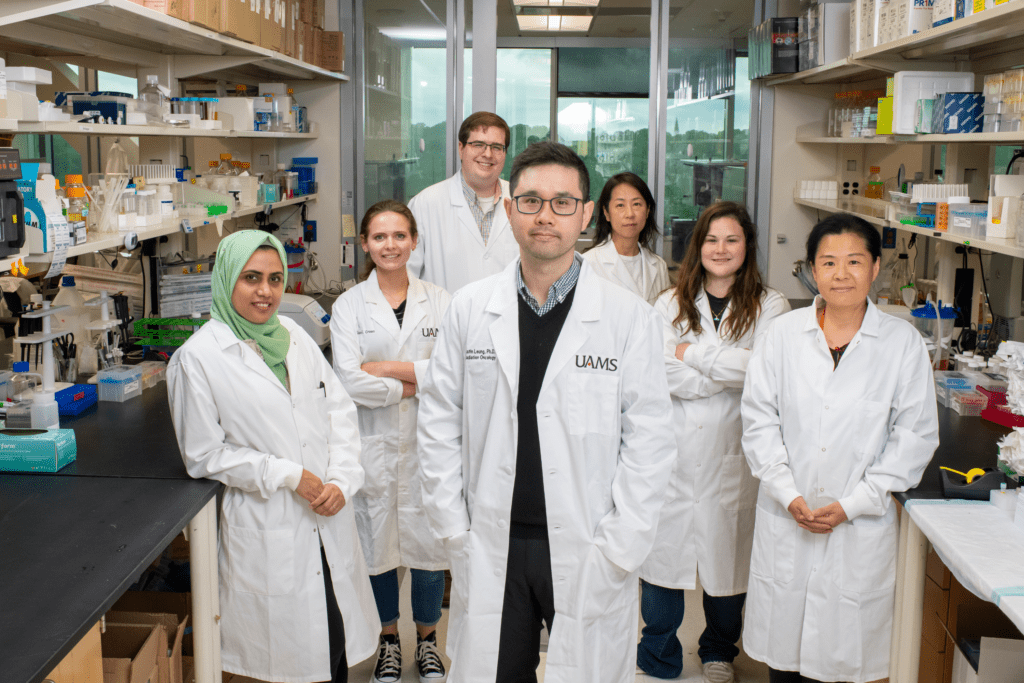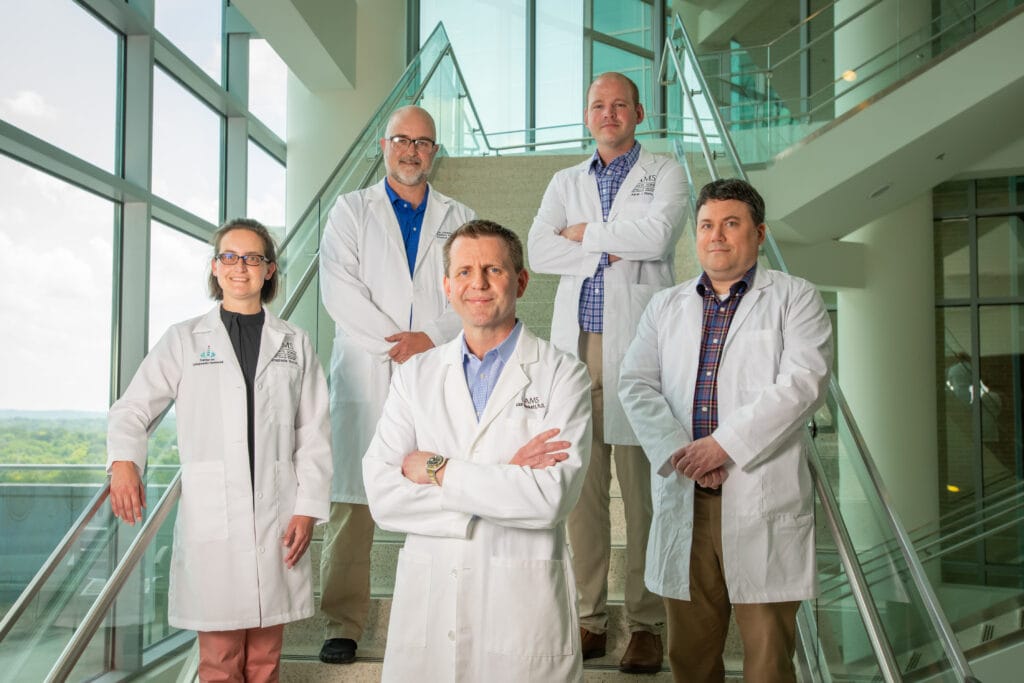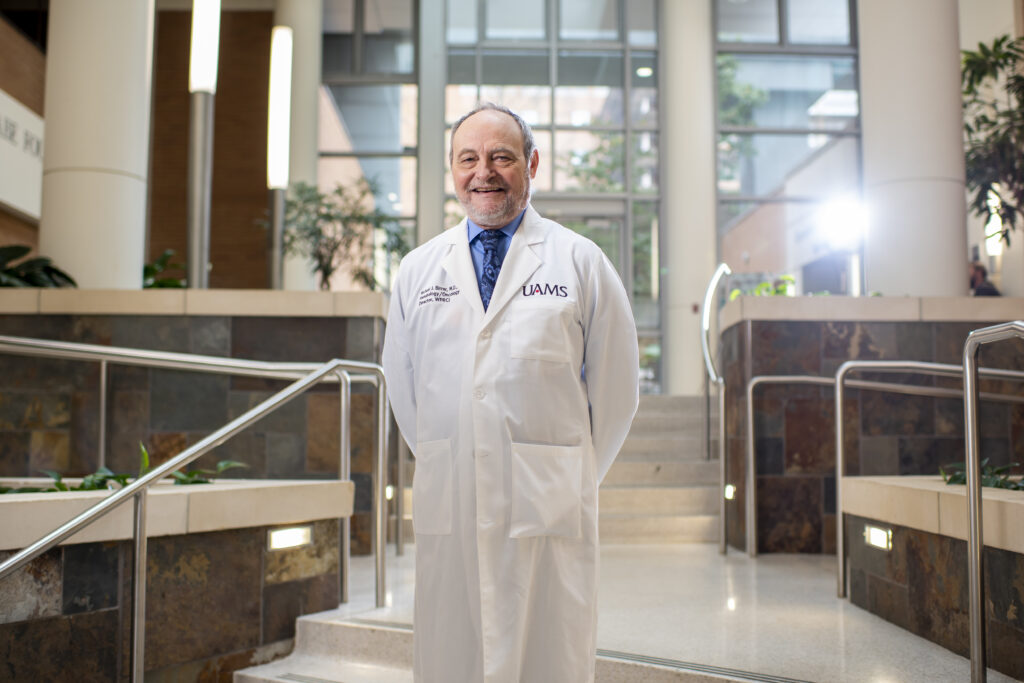The Cancer Prevention and Population Sciences (CPPS) Research Group addresses the disparity that cancer incidence in Arkansas is like that of the United States, although cancer mortality is higher in the state. Lower screening rates for breast, cervical and colon cancers partially explain the disparity.
Cancers of the breast, cervix, prostate, colon and lung are being investigated by the group’s 33 members. The three main research approaches are to (1) identify etiologies and risks factors; (2) implement cancer screening and prevention measures; and (3) develop immune-mediated interventions for preventing cancer.
2021 was an unprecedented year with CPPS members being awarded new and renewed grants totaling more than $27 million. Notable new grants are a center grant co-lead by Pebbles Fagan, Ph.D., professor of Epidemiology in the UAMS Fay W. Boozman College of Public Health to form the Center for Research, Health, and Social Justice. Fagan also leads a community-based research project which combines behavioral and social interventions to best help African Americans in rural counties quit smoking.
Another new grant led by Taren Swindle, Ph.D., associate professor of Family and Preventive Medicine, plans to optimize and implement strategies to prevent obesity in early childhood.
HPV immunology expert, Mayumi Nakagawa M.D., Ph.D., renewed a grant to continue with clinical trials for preventing cervical pre-cancer from developing into cancer and to reduce the recurrence of head and neck cancer.
Learn more about the program








